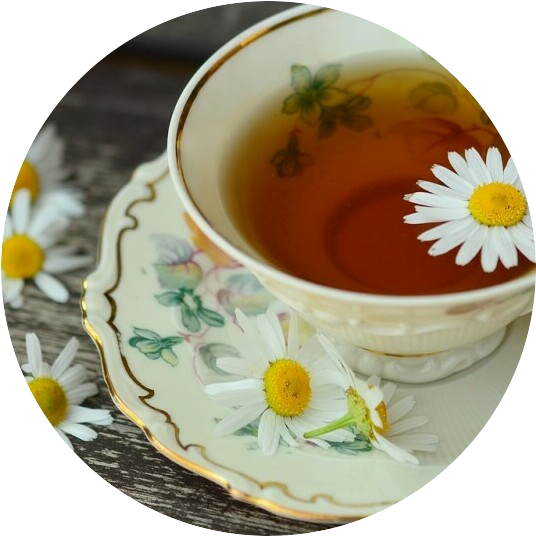Soothing Sips: The Best Teas To Soothe Your Sore Throat

When my throat feels like it’s been scraped with sandpaper, I turn to a warm cup of tea. Beyond the comfort of steam and heat, certain herbal teas contain properties proven to soothe and heal a sore, scratchy throat. In this section, I’ll share insights into herbal teas poised to offer you that relief.
Chamomile tea isn’t just for bedtime. With its gentle, soothing properties, chamomile is a go-to for reducing inflammation. Research backs up its use, highlighting its role in soothing a sore throat and nurturing solid sleep.
Meanwhile, licorice root tea may be the cloak your throat yearns for. Its demulcent properties coat and calm aggravated throat tissues. But, a word to the wise: if you’re juggling high blood pressure issues, this one may require a consultation with your healthcare provider.
Next up is marshmallow root tea. Its rich mucilage content is like a soft hug for your throat lining, providing a protective layer to curb irritation. And there’s more—it has potential antitussive properties, too, which means less coughing and more comfort.
Slippery elm tea continues the legacy of mucilage magic. Yes, it’s as pleasant as it sounds. It provides a double-action formula that can treat sore throats and help tame relentless coughs.
Peppermint tea seals this herbal ensemble, bringing a breath of fresh air. Menthol is the hero here, offering a cooling and numbing sensation that’s particularly welcome when your throat feels like a battleground. Is it a bonus? It can help clear your airways, making it easier to breathe and get some much-needed relief.
Our next section will delve into several teas that aren’t just soothing sentinels for your throat but also come with additional health benefits.
Boosting Immunity While Easing Pain: Tea with Extra Benefits
Stepping into the role of effective and natural remedies, certain teas go beyond merely soothing a sore throat – they bring additional health benefits that can be vital during recovery. For instance, green tea is lauded for its wealth of antioxidants. These compounds help reduce inflammation and bolster your body’s defence against infections.
Ginger tea can be particularly beneficial if your throat discomfort is accompanied by nausea or an upset stomach. Its proven anti-inflammatory and analgesic properties provide a comforting warmth that tackles multiple symptoms in one go. Plus, the spiciness of ginger adds a refreshing kick, which can be soothing and stimulating at the same time.
Turmeric tea, or, as some prefer, golden milk, stands out with its primary component, curcumin. This substance is recognized for its powerful anti-inflammatory effects. When combined with milk and honey, the concoction becomes a creamy elixir that improves throat comfort and contributes to the overall healing process.
Preparing your tea thoughtfully is essential to getting the most relief. Ensure the water temperature is just right and allow the tea to steep for the proper time to extract the maximum benefits. Personalize your brew with honey for its natural antibacterial properties and added soothing effects. Lemon can add a burst of vitamin C and bring its antibacterial prowess into the mix.
Remember the simplicity and effectiveness of gargling with salt water when a warm cup of tea isn’t within reach. This time-honoured method can provide relief and complement the teas discussed here.

